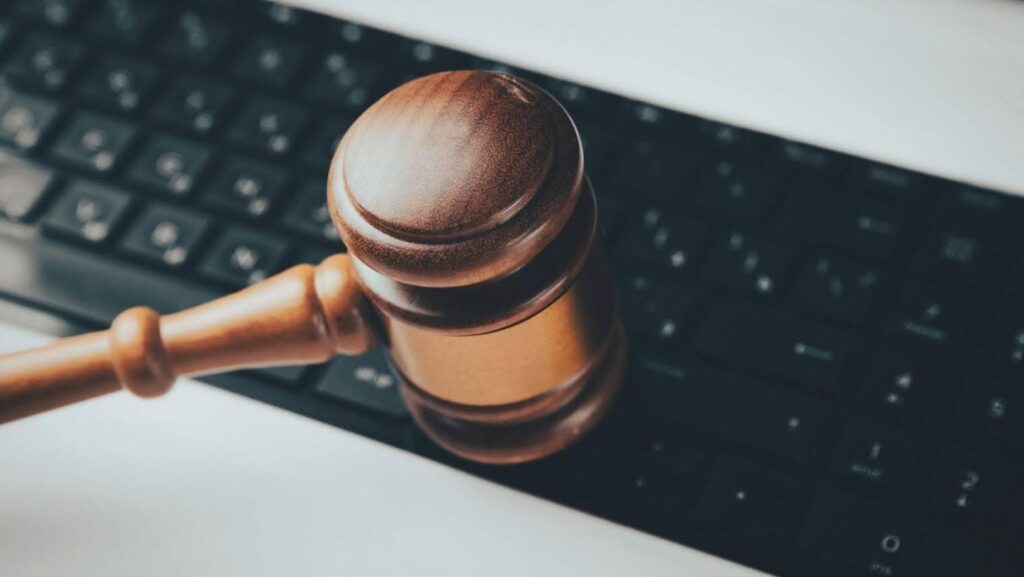Data is one of the most valuable resources we have. Businesses, governments, and even small organisations collect enormous amounts of personal information every day. This includes names, addresses, financial details, health records, and browsing habits. While this data helps companies improve services and tailor products, it also creates serious risks if not handled properly.
Around the globe, regulators are cracking down on data privacy violations. What was once seen as a business mistake that might attract a fine is now increasingly treated as a criminal matter. For both large corporations and smaller local businesses, the consequences of mishandling data can be severe.
Why Data Privacy Matters So Much
Data privacy is not only about keeping information secret. It is about protecting people from harm. When personal details are leaked or misused, individuals can face identity theft, financial loss, reputational damage, or even risks to their physical safety.
This is why governments worldwide have introduced stricter laws to regulate how organisations collect, store, and share data. From Europe’s General Data Protection Regulation (GDPR) to Australia’s Privacy Act, the message is clear: protecting personal information is not optional, it is a legal duty.
The Shift Toward Criminal Liability
For many years, breaches of data privacy were treated as civil matters. Companies that failed to safeguard data were fined or ordered to compensate victims. But as violations became more common and their impact more damaging, many jurisdictions have introduced criminal penalties for the most serious cases.

Criminal liability can arise in situations where companies or individuals are reckless, deliberately negligent, or intentionally misuse data. For example:
- Selling personal data without consent
- Intentionally exposing sensitive information to gain financial advantage
- Failing to implement basic security measures when handling large amounts of personal data
- Ignoring known risks and allowing repeated breaches
In these cases, authorities argue that the harm is not just a mistake but a criminal act that deserves stronger punishment.
Global Trends in Data Privacy Enforcement
Across the world, the trend is clear: governments are tightening rules and treating violations more seriously.
- Europe: Under the GDPR, companies face not only huge fines but also potential criminal charges for deliberate misuse of personal information. Some EU countries have even prosecuted executives individually.
- United States: High-profile breaches have led to investigations by regulators and prosecutors, with cases where individuals face charges for fraud or conspiracy linked to data misuse.
- Asia: Countries such as Singapore and Japan have updated privacy laws, allowing criminal penalties for intentional or reckless violations.
These examples show that the direction is global. The days when businesses could treat data privacy as a low priority are long gone.
Australia’s Position on Data Privacy
Australia has its own strong framework for data protection under the Privacy Act 1988, overseen by the Office of the Australian Information Commissioner (OAIC). Recent high-profile data breaches in Australia have put enormous pressure on lawmakers to strengthen penalties and consider criminal liability in more cases.
The government has already increased civil penalties to levels that can cripple businesses, and there is growing debate about expanding criminal sanctions. Individuals who deliberately misuse personal information can already face charges under existing laws, including offences related to fraud and identity theft.
This means that both companies and their employees could face criminal investigations if they fail to protect personal data.
Local Consequences and Legal Support
For everyday Australians, this shift has very real implications. A small business that does not secure customer details properly could find itself under investigation. An employee who shares personal data without consent, even casually, might face criminal charges.
In these situations, expert legal advice is critical. Those accused of mishandling data need to understand their rights and obligations under both privacy law and criminal law. Firms such as experienced Criminal Lawyers in Blacktown can provide guidance and representation to ensure that individuals and businesses respond appropriately if accused of data privacy offences.

Having the right legal support can make the difference between resolving a matter early and facing long-lasting consequences.
Common Ways Data Privacy is Violated
To understand why criminal liability is becoming more common, it helps to look at how data breaches usually occur. Some of the most frequent causes include:
- Weak security systems
Companies failing to update software or use encryption leave data vulnerable to hackers. - Insider misuse
Employees or contractors accessing data without authorisation, whether for personal gain or curiosity. - Phishing and social engineering
Criminals tricking employees into handing over login details or access. - Negligence
Losing devices with sensitive data or leaving information exposed on unsecured servers.
Each of these situations may seem like a mistake, but regulators are increasingly asking whether the mistake was preventable. If it was, then criminal liability may follow.
The Personal Impact of Breaches
It is easy to think of data privacy violations as abstract problems, but the impact on individuals can be severe. Victims of identity theft often spend years trying to fix their finances. Leaked health records can cause deep embarrassment or even put people at risk. In some cases, stolen data is used for fraud that ruins lives.
This personal harm is one of the main reasons why governments are stepping up enforcement. The law is recognising that failing to protect data is not just a business error but a serious harm to people’s lives.
Preventing Data Privacy Violations
For businesses, avoiding criminal exposure starts with taking privacy seriously. Practical steps include:
- Training staff
Employees need to understand privacy rules and the importance of following them. - Updating technology
Regular updates, strong encryption, and secure storage are vital. - Access controls
Limit who can see sensitive data and monitor for unusual activity. - Incident response plans
Have a clear plan for how to respond quickly if a breach does occur. - Legal advice
Consulting with lawyers helps businesses understand their obligations and reduce risks.
These steps not only prevent breaches but also show regulators that the organisation takes its responsibilities seriously.
The Future of Data Privacy and Criminal Law
Looking ahead, it is clear that data privacy will only become more important. As technology evolves, so will the risks. Artificial intelligence, connected devices, and cloud storage all create new challenges for protecting personal information.
For startups, established companies, and even individuals, the message is clear: treat data privacy as a legal priority. Criminal liability for violations is no longer a distant possibility but an emerging reality in both global and local contexts.
Conclusion
Data privacy is not just a technical issue. It is a legal responsibility, and increasingly a criminal one. Around the world, regulators are holding businesses and individuals accountable when personal information is misused or neglected. In Australia, recent breaches have pushed privacy law into the spotlight, and the trend toward stronger penalties is clear.
For organisations and individuals alike, the safest path is to take privacy seriously, act responsibly, and seek legal guidance when needed. Protecting data is no longer optional. It is the law, and the consequences of failing to follow it can be severe.

